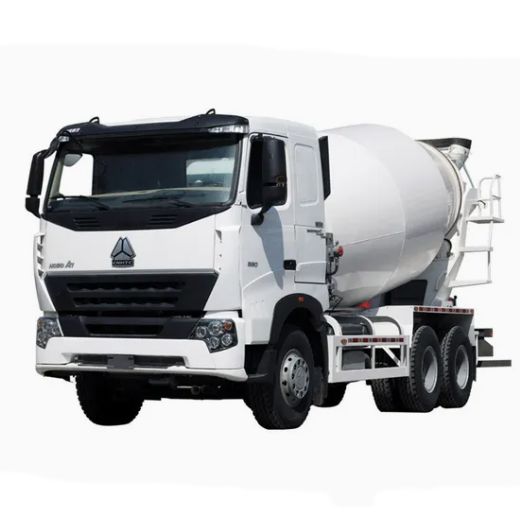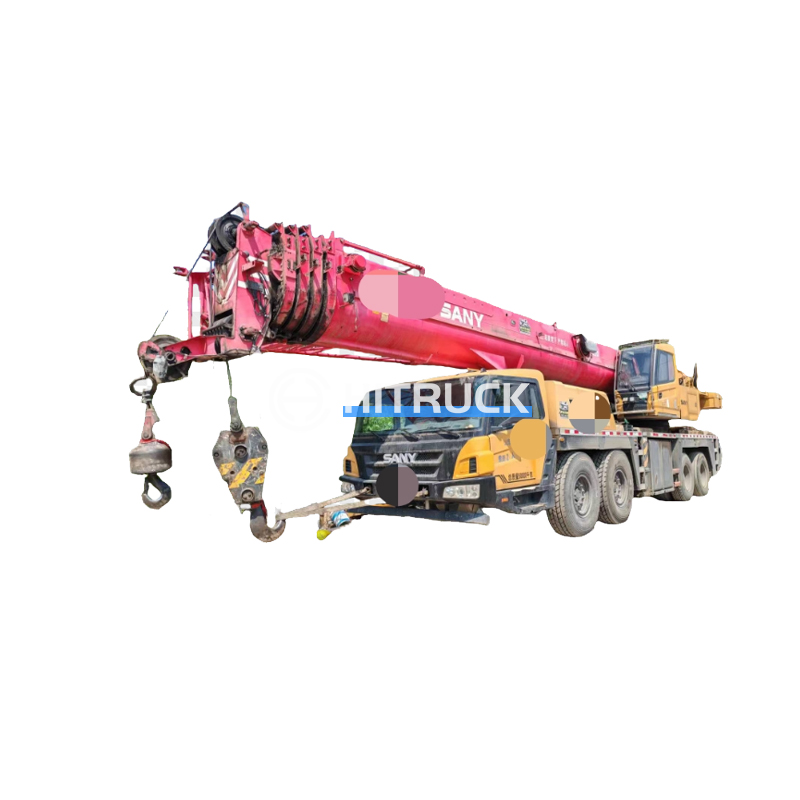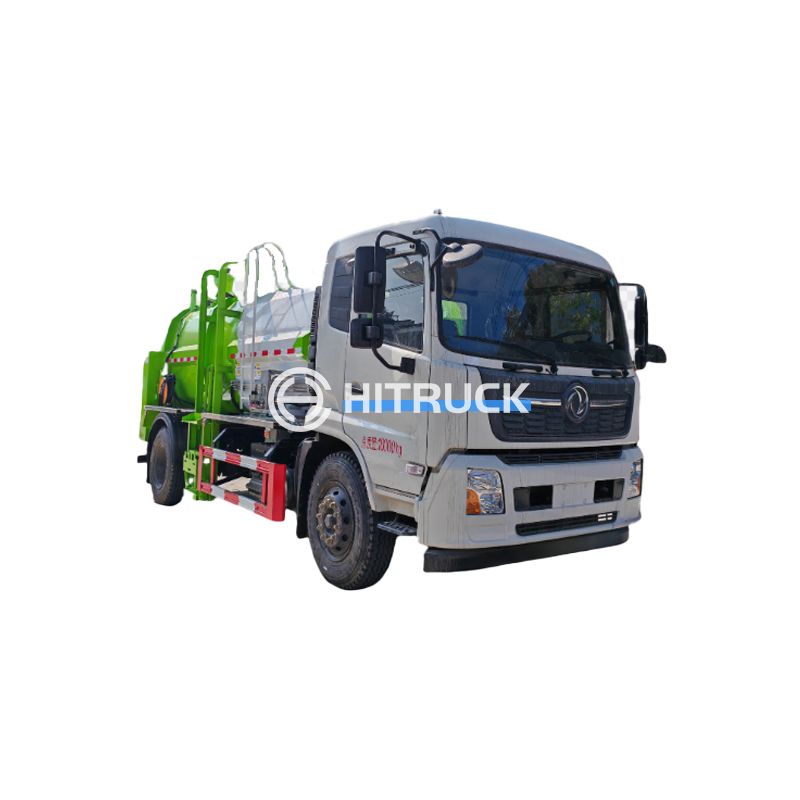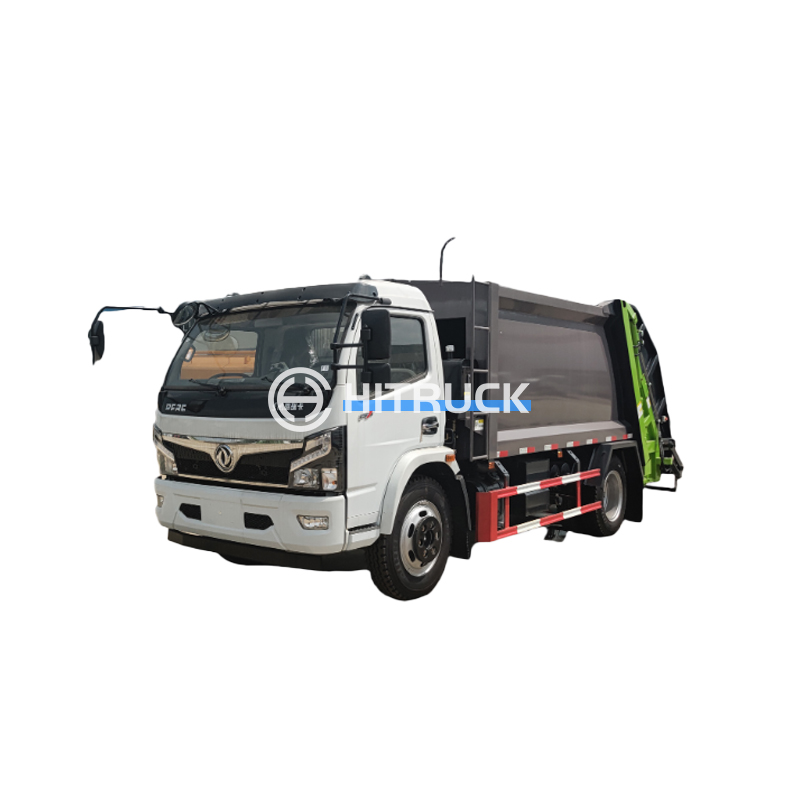This comprehensive guide helps you navigate the market for mobile water tankers for sale, covering key considerations, features, and factors to ensure you find the ideal solution for your needs. We explore various tanker types, capacities, and price points, equipping you with the information you need to make an informed decision.
The first step is determining your water needs. Are you looking for a mobile water tanker for agricultural irrigation, construction site hydration, emergency response, or municipal water distribution? The required capacity will vary drastically depending on your application. Consider daily water requirements, transportation distances, and access limitations when selecting the appropriate tank size. Smaller tankers, ranging from 500 gallons to 2,000 gallons, are suitable for smaller-scale operations. Larger tankers, exceeding 5,000 gallons, are necessary for high-volume water transport.
Mobile water tankers are typically constructed from materials like stainless steel, aluminum, or polyethylene. Stainless steel offers superior durability and resistance to corrosion, making it ideal for long-term use. Aluminum provides a lighter-weight option, improving fuel efficiency, while polyethylene offers a cost-effective solution for less demanding applications. The quality of construction is crucial; look for reinforced structures, leak-proof seals, and robust chassis to ensure longevity and safety.
The pumping system is a critical component. Consider the required flow rate and pressure, as this determines the suitability for various applications. Some mobile water tankers for sale include additional features like filtration systems, pressure gauges, and filling/discharge hoses, enhancing efficiency and ease of use. Assessing your specific needs will help you determine the essential accessories for optimal functionality.
The market offers a diverse range of mobile water tankers. Here are a few common types:
These are the most common type, offering various capacities and features. They are typically mounted on heavy-duty truck chassis, providing excellent mobility and maneuverability across various terrains. Check for features like a robust chassis and a reliable pumping system.
Trailer-mounted tankers offer flexibility in terms of capacity and transport. They can be towed by suitable vehicles, making them ideal for larger water transport needs. Consider the towing capacity of your vehicle when selecting a trailer-mounted tanker. Ensure that the trailer's braking system is adequate for safe operation.
Smaller, self-contained units are ideal for smaller-scale applications. These units are often easier to maneuver and require less investment. However, their capacity is limited, making them unsuitable for large-scale operations. Check the water capacity and pumping capabilities of these units.
| Factor | Description |
|---|---|
| Budget | Prices for mobile water tankers vary significantly. Set a realistic budget beforehand to narrow down your choices. |
| Maintenance | Consider the ongoing maintenance costs, including repairs, servicing, and parts replacements. Choose a durable tanker to minimize these costs. |
| Regulations | Check local regulations regarding the transportation and operation of mobile water tankers. |
For a wider selection of high-quality mobile water tankers for sale, visit Suizhou Haicang Automobile sales Co., LTD. They offer a variety of options to meet your specific requirements.
Remember to thoroughly research different suppliers, compare features, and obtain multiple quotes before making a purchase decision. Investing in the right mobile water tanker can significantly enhance operational efficiency and ensure a reliable water supply for your needs. Always prioritize safety and adhere to all relevant regulations during operation.












